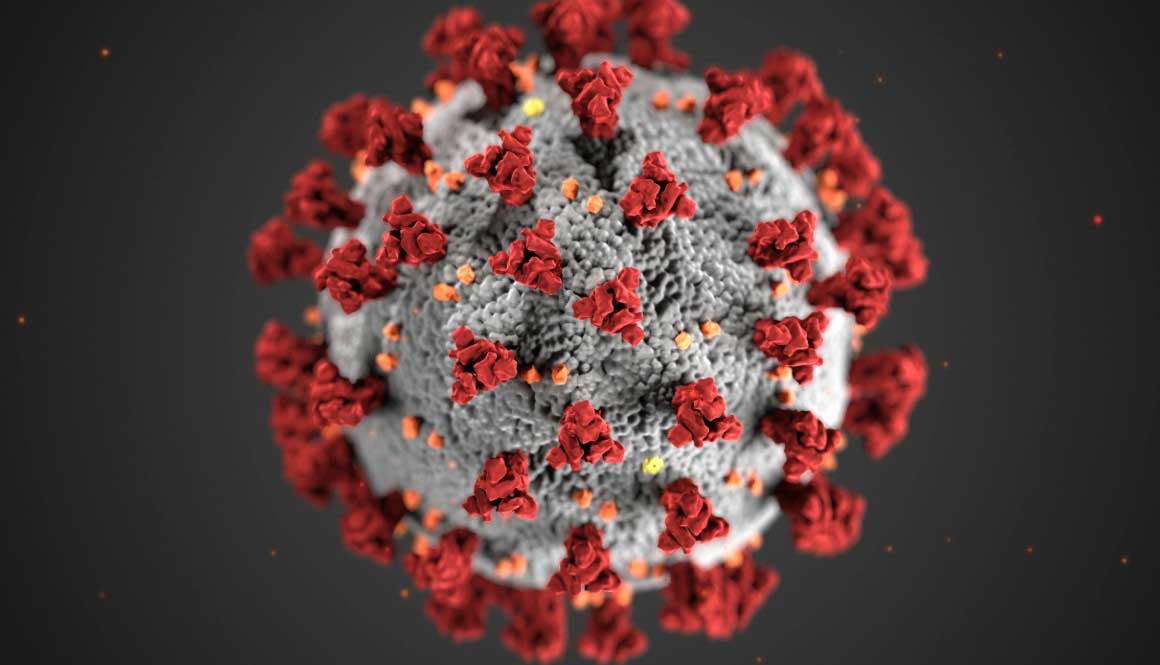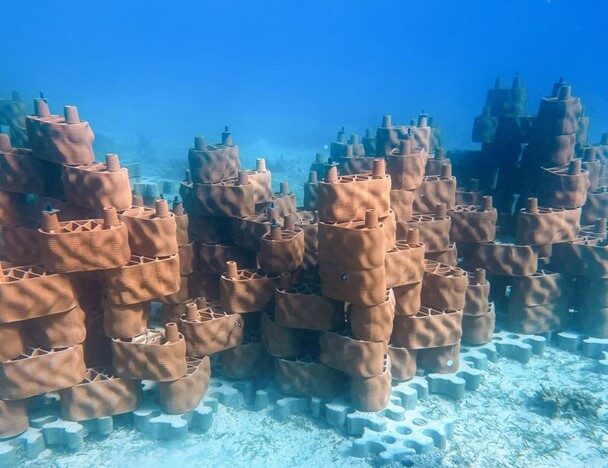Rising Pacific Ocean temperatures and the developing El Niño batter Ecuador’s fishing industry
Ecuador’s Chamber of Fisheries reports a 9% drop in fishing exports in 2023, most of it due to increasing water temperatures in the Pacific Ocean while small fishermen say their catches are down almost 30%. Experts say the numbers will continue to drop.

Ecuador’s commercial fishing industry, as well as artisanal fishermen, are seeing a reduction in catch size as a result of rising Pacific Ocean temperatures.
“This is a situation we have seen before during El Niños,” says Carlos Zapata, director of the Ecuador Navy’s Oceanographic and Antarctic Institute (Inocar). “Rising temperatures disrupt the food supply and migratory patterns of fish, reducing the size of catches, which usually results in higher prices to consumers.”
The Fisheries Chamber, which represents the commercial fishing fleet, says the tuna catches are the hardest-hit by higher temperatures. “The decline in yield has been developing since late April and, unfortunately, we expect it to intensify and continue,” a spokesman said. “Tropical tuna is a highly migratory species that prefers temperatures of 24 to 27 degrees and when this range rises and the food supply drops, they migrate to cooler waters, which are out of reach of the Ecuadorian fleet.”
The Fisheries Chamber spokesman said that reduced catches could affect employment and have other “down-stream” consequences. “Thousands of Ecuadorians work in the industry, on the ships and in the processing plants, and there will be a ripple effect through the production chain as the El Niño develops.”
The economic impact will be even worse for small fishermen who sell to the local market, says Gabriela Cruz, president of the National Federation of Artisanal Fishing Cooperatives of Ecuador. “We started to see declines in February and March and these have increased since then,” she says. “Water temperatures are higher near the shore, where our members work, and they are expected to rise even more.”
Because most of fish caught by artisanal fishermen are not migratory, fish health suffers due to the changing temperatures, Cruz says. “We are seeing dead fishing floating on the surface and many of the fish we catch show signs of disease,” she says.
The National Committee for the Regional Study of the El Niño Phenomenon warns that higher temperatures will affect catch sizes of many fish other than tuna. Giant squid, croaker, sardines, pinchagua and mackerel will be less plentiful, the committee says.
One sector of the fisheries industry will actually benefit from higher water temperartures, the Fisheries Chamber says. “This helps shrimp to some extent, and we expect yields in the shrimp farms to increase, partly offsetting export loses,” the chamber said in a statement.
















